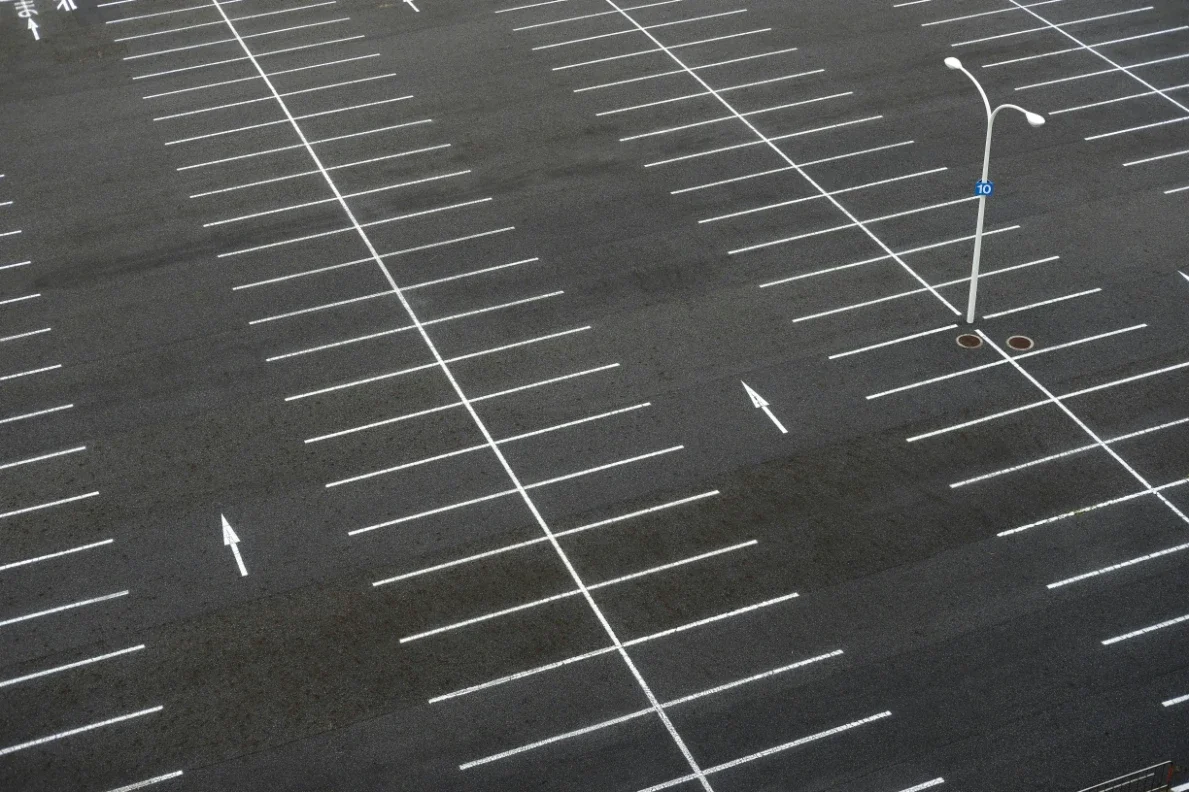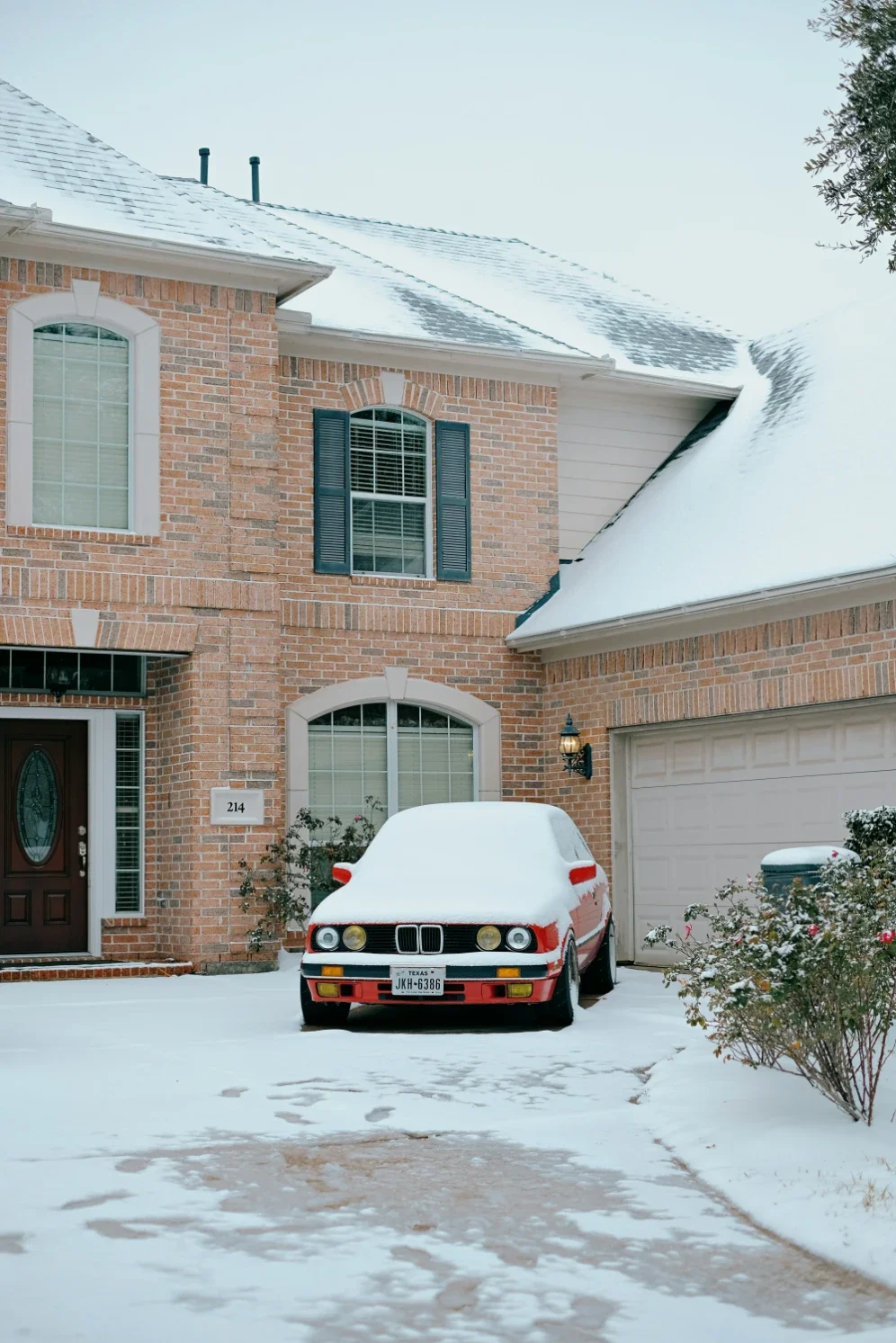The Complete Guide to Pressure Washing Your Driveway
Learn how to pressure wash your driveway safely and effectively with this complete guide—restore curb appeal and extend your pavement's life.
From estate alleys to city squares to driveways to houses, paving slabs are very popular in our landscape! They are durable and stable, and, to top it all off, easy to install and remove, making them the most convenient solution, often preferred by property managers. But what if the paving slabs are old and no longer look their former glamorous self? Learn the best methods for cleaning paving slabs!
Pressure Washing
Thanks to a special device, a jet of water is released under high pressure, literally knocking dirt off the surface. There are household devices on the market that you can use yourself. However, many homeowners prefer to contact special services. With the help of pressure washing professionals, your driveway will become completely clean. If you have difficulty making a decision, consult a specialist.
How Pressure Washing Works
You may also be interested in how this process occurs. With sufficient skill, you can do it yourself. Specialists of pressure washing Spring Hill, TN recommend following specific guidelines.
A solution that uses a water jet under pressure is a much more effective alternative for cleaning paving stones. This method is well-suited for standard maintenance cleaning of surfaces. Small dirt (sand, dust) is effectively cleaned even with water only if it is directed at the paving stones under high pressure.
Hand-held high-pressure washers are most often used for this purpose, although portable pressure washers can also be used to clean larger areas. For greater convenience and efficiency, we recommend choosing pressure washer accessories depending on the type of surface to be cleaned. For large outdoor surfaces (such as paving stones), we recommend using a rotating nozzle with a large radius of the water jet.
Equipment
A typical pressure washer for home cleaning operates at a pressure of ~100-130 bar. However, if you plan to clean larger areas, we recommend a pressure washer with a pressure of 150-180 bar. For the most practical cleaning, choose a washing machine with adjustable power so that it can be used for other surfaces, for example, when you want to refresh delicate plaster that needs to be cleaned with a jet of ~100 bar.
The cleaning efficiency also depends on the machine's performance; for household tasks, choose washing machines with a flow rate of at least 350-500 liters per hour. Look for high-pressure water heaters with a water heating option – high temperatures (around 60-90°C) reduce the time needed for cleaning and make it easier to remove even stubborn dirt (oil and grease).
Don't forget to choose the right cleaning angle and the optimal water jet strength for your paving stones. Use a powerful, narrow stream to clean cracks and dirt stains. A flat stream will help you remove regular dirt from a large area of your paving stones. A powerful rotating jet will cope with stubborn dirt.
Wire Bristle Brush
A paver cleaning brush has hardened metal (steel) bristles, making it ideal for cleaning the gaps between the paver stones. Use it for precise removal of moss, dirt, and other dried-on dirt. For biological contaminants (moss and lichen), this method is less invasive than using chemicals — this applies mainly to the paver stones in your garden. However, its main disadvantage is that it requires manual cleaning, which is not suitable for large areas.
Liquids and Sprays for Cleaning Paving Slabs
When the paver is covered with heavier dirt, such as rust, oil, or grease stains, water alone is not enough. For the desired effect, you should also use a professional cleaning product, such as a paver cleaning liquid, for the same surface contamination, or a special spray, when you want to remove a specific stain and you need to apply the product only to the stain. We recommend choosing products specifically designed for cleaning paving stones, as their formulas are specifically formulated to dissolve dirt on this type of surface effectively.
How to Choose a Method
There are many solutions for dealing with dirty paving stones. The type of dirt to be removed is crucial for choosing the correct cleaning method. What dirt can be removed from paving stones?
greasy, oily stains (e.g., in municipal parking lots);
moss and lichens growing in cracks;
sand or fertilizer stains;
residues from repair or construction work, including glue, paint, plaster, and cement.
Washing paving stones is also a good solution for restoring their aesthetic appearance. Depending on the type of dirt present on the surface, various approaches may be necessary to clean the stone effectively. If you cannot decide on your own, it is better to seek advice from specialists.
How Often to Wash Paving Slabs
Clean your paving stones regularly to maintain their good condition for years to come. What does it mean to clean them regularly? For the longest-lasting effect, we recommend cleaning the paving stones twice a year — before and after winter. You can also soak the paving stones after the washed surface has dried. However, if you don't have the time to do this yourself, consider contacting professionals who specialize in the daily cleaning of paving stones.
Keep Your Driveway Looking Sharp with Routine Cleaning
Making beautiful driveways is only half the battle. You also need to take care of their appearance and wash them regularly. You can do this yourself using a household high-pressure washer and detergent. Some companies provide such services. Since driveway washing is not required as often, the second option may be more cost-effective and convenient. In any case, make sure that the entrance to your home always looks clean and tidy.






